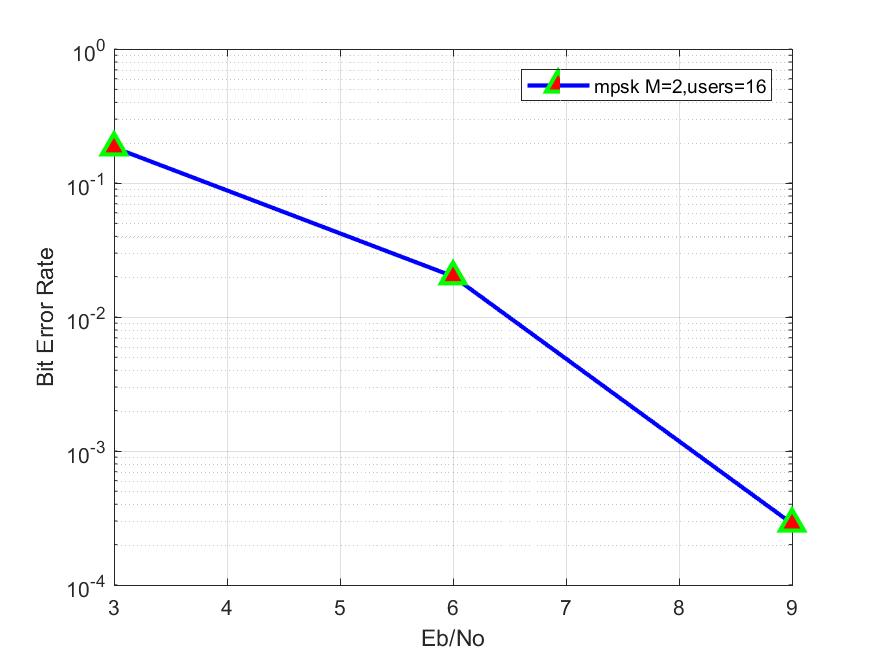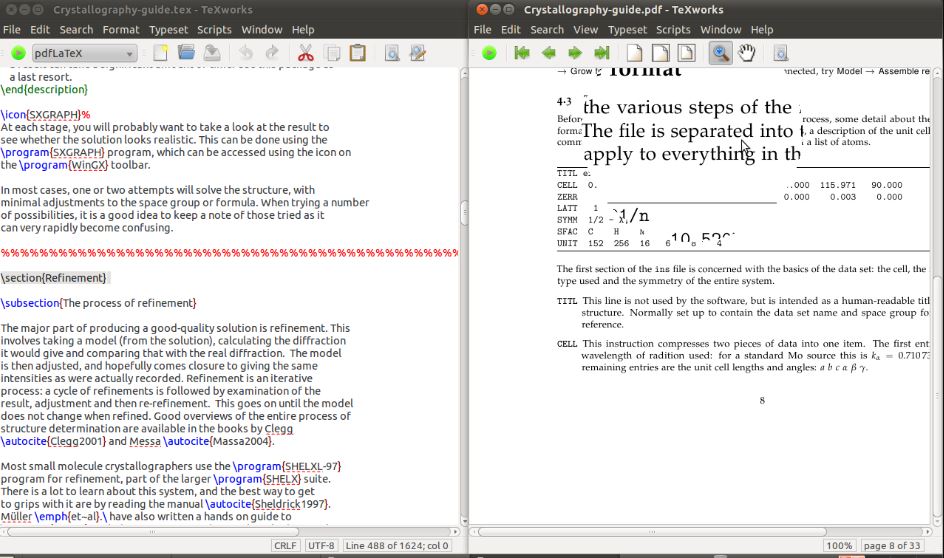

For example, suppose mythesis.tex is in your main folder, and each chapter is contained in its own folder. The file given in the root path can be relative to the included file. Used in conjunction the LaTeX's includeonly facilities, you can easily edit and compile parts of a large document. Then you can edit chapter1.tex and when you choose Typeset, it will typeset mythesis.tex.

In each of the chapter files, you would put the line: % !TEX root = mythesis.tex This is very useful since it allows you to edit the included file and just use the regular Typeset command to typeset the whole document (since you can't typeset the included file itself).įor example, suppose you have a main file mythesis.tex which has a bunch of chapters included with include. This directive set the root file for a document is included into a larger document using include or input. In this respect they are completely independent of one another. The option passed to inputenc tells TeX what to do (roughly) the encoding directive tells the editor what to do. There is very little relation between the encoding directive and what option you pass to the inputenc package (other than the fact that they should be identical). (I'm not sure if TeXworks behaves the same way.) But again, if you do need to work on files with multiple encodings (for example if you are collaborating with others who don't use UTF-8) it might be useful since when you save the file the encoding specification will override the default save encoding of TeXShop. I can see very little need for this, and don't use it myself, mainly because I use only UTF-8 for all my documents. This tells TeXShop to save the file using the specified encoding. On the other hand, if you share documents with others, it might still be useful, since it will override their defaults (if they are using TeXShop/TeXworks) or minimally give them some indication of how they need to compile the shared file (if they are using another editor). If you only use one engine in your work, and you set TeXShop up to use that as its default then there is no real advantage to having the directive. It's much more annoying to have to choose the engine manually from the pull down menu. I use a mixture of pdflatex, LuaTeX, XeTeX and LaTeX+dvips in my documents depending on a variety of factors, so for me this is extremely useful, since I just specify the engine in the file and TeXShop automatically does the right thing with a single keystroke. The default engine in TeXShop is pdfLaTeX. This is mainly useful if you use multiple engines in your work. This directive allows you to choose the engine that will process the file directly in the file itself. As he also points out, there are also two other useful directives that you can also use in TeXShop and TeXWorks.

Salomon's answer gives the details for TeXWorks.

My comments apply in principle to both TeXShop and TeXworks. I'll comment on each directive separately, since I think they are not equally useful. (Other editors have similar kinds of metadata). The TS stands for TeXShop which was the IDE that first implemented them on the Mac. The directives are understood by TeXShop, TeXWorks and TexStudio. I just wanted to provide a question that allows for a maximal amount of information on this subject matter. I guess I know some partial answers to some of my questions, but I’ll leave that up for people who have experience with these expressions. Meta: Even though it technically contains multiple questions, I’m pretty sure this question conforms with our standards as a catch-all question on a narrow topic.


 0 kommentar(er)
0 kommentar(er)
